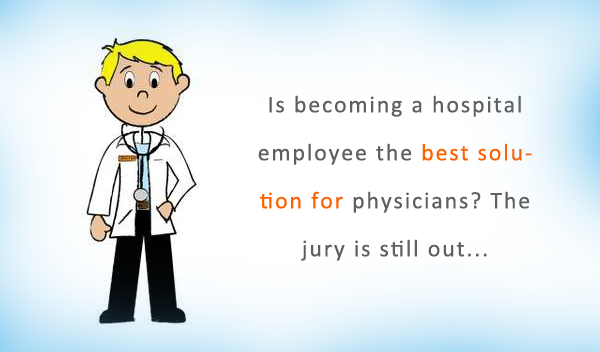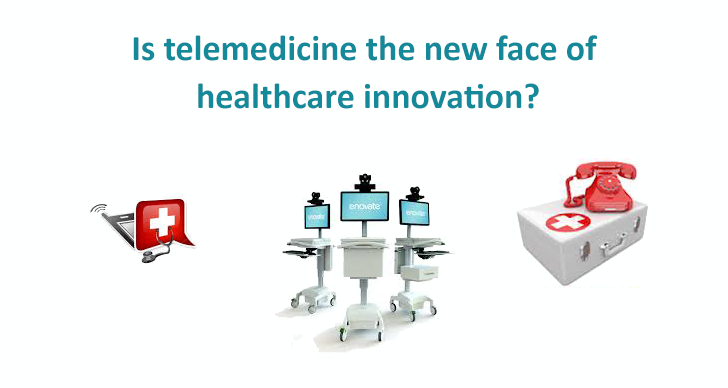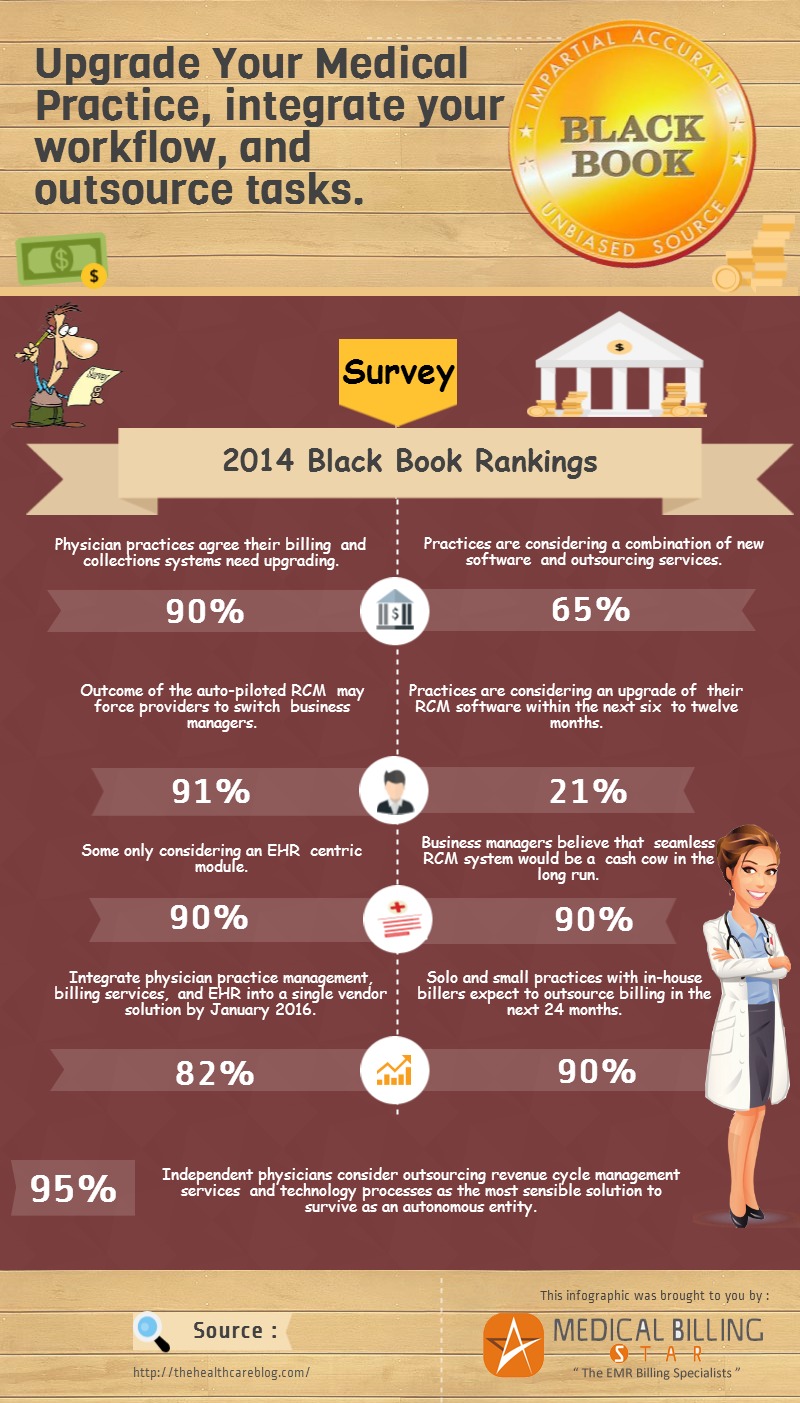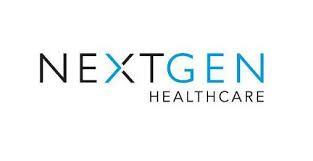Is the doctor buying binge in the healthcare industry unhealthy in the long run?
If there is one thing that is selling like hotcakes this season it is doctor’s practices. This ‘‘buying’’ trend is the aftermath of the healthcare industry’s latest reforms and not everybody is happy with it. Widespread acquisitions and integrations are leading to troubling questions and concerns.
For physicians who’ve struggled with rising costs, compliance bottlenecks and expensive technology, a regular pay check, reprieve from administrative tasks and lesser things to worry about can be a huge blessing. But it is not all gravy. Loss of productivity and heavy workload are some of the downsides of hospital employment.
Being a small fish in a big pond!
For physicians used to making decisions on their own dealing with the red tape and internal policies of hospitals can come as sticker shock. Most physicians feel like they are trapped in the proverbial gold cage.
“I’m used to making medical decisions based on my education, experience and sometimes gut instinct. I don’t have the same kind of privilege or independence now. It is all about playing by the rules and those rules are framed by the hospital bigwigs” rues Matt Dahmer a physician based in Carolina. And, it is this lack of autonomy that is giving physicians, nightmares!
A sharp decline in productivity…
Most hospitals follow the RVU system formulated by Medicare to calculate the productivity of physicians. Study after study points to the fact that there is a huge loss of productivity in physicians who work as hospital employees. The loss of productivity is attributed to several factors such as overwork, dissatisfaction with the work culture, long work hours or handling different kinds of patients.
The kind of ailments a physician treats in a small practice set-up can be very different from the care he renders in a hospital environment.
I don’t work with this insurer!
The payer mix is a lot more complicated and extensive in hospitals in comparison to private practices. Physicians will have to pay close attention to see how new insurers are going to affect their bottom-line. It gets all the more complicated for physicians who are compensated or given incentives for the revenue they bring to the organization. Physicians who have to navigate this complex maze often end up feeling frustrated.
Into a new world!
It can be disconcerting to work in an entirely new environment all of a sudden. The documentation methods and guidelines vary. The billing process is entirely different. Physicians who enter hospital employment, take a little while to orient themselves, and to get used to the faster clip, at which hospitals operate. It can be taxing, demanding and alien. And a regular pay check can just be a small comfort!









